UCSD Pollinator Garden
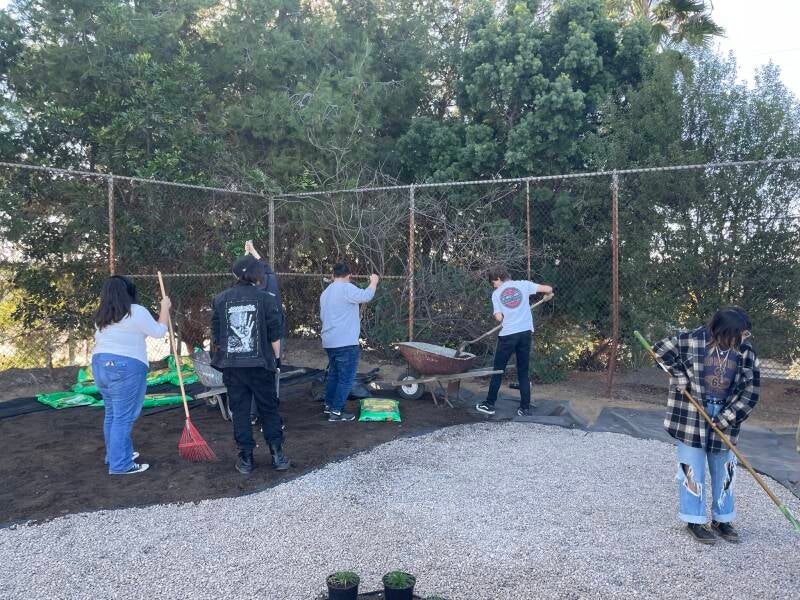
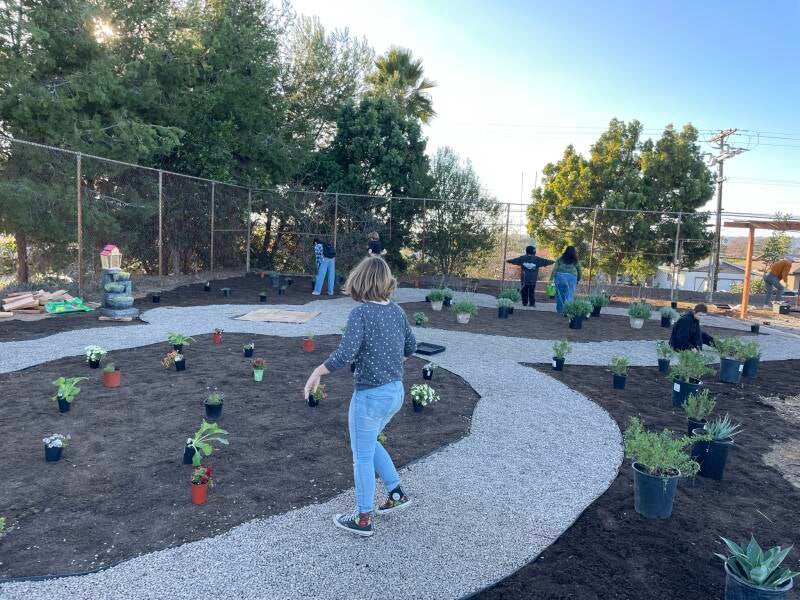
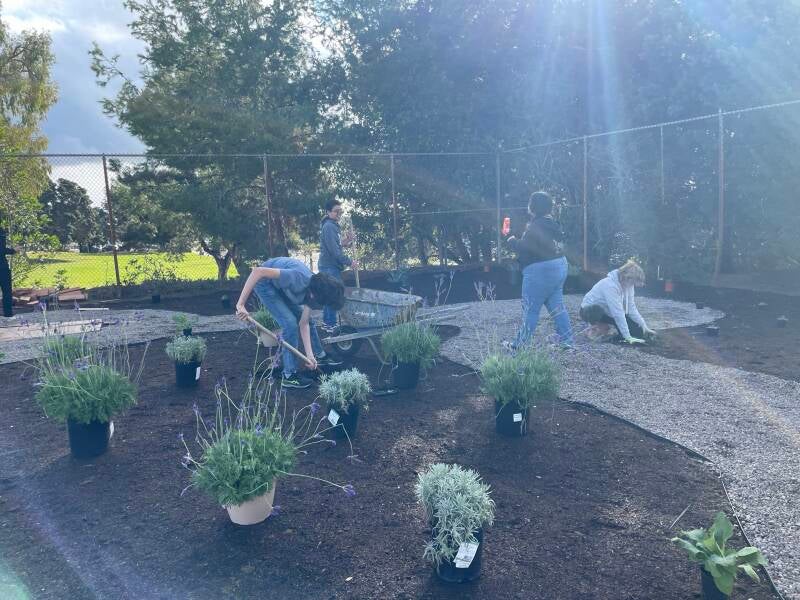
In this project, 11th-grade students collaborated with Professor David Holway, an esteemed entomology professor at UCSD, to design and create a pollinator garden within the school premises of High Tech High Mesa.
The objective was to raise awareness about the crucial role of pollinators in our ecosystem and promote sustainable practices that support their wellbeing.
Through the hands-on experience and scientific inquiry using iNaturalist to create a database of different insects in the garden, students explored the interdependence between plants and pollinators while working in tandem with an expert in the field of insect science.
Bioethics Board Games
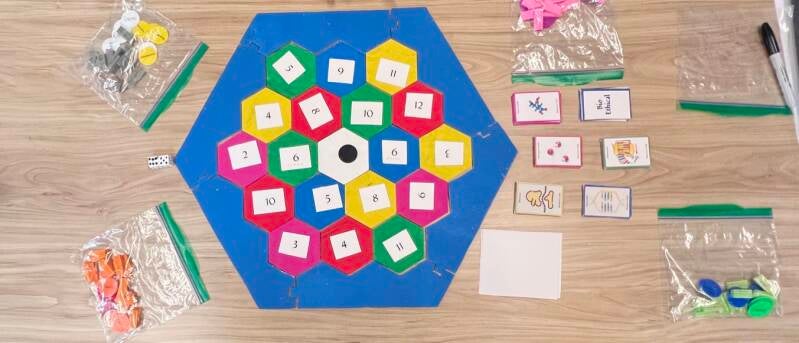

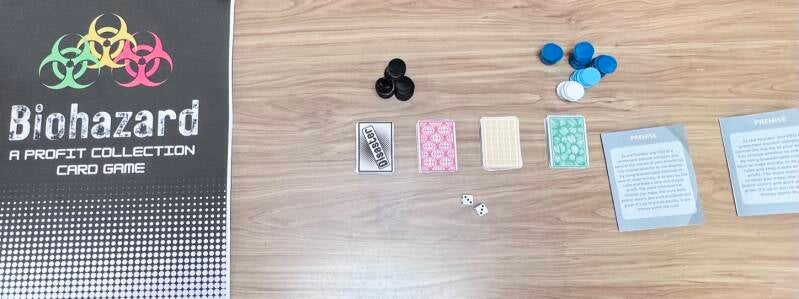
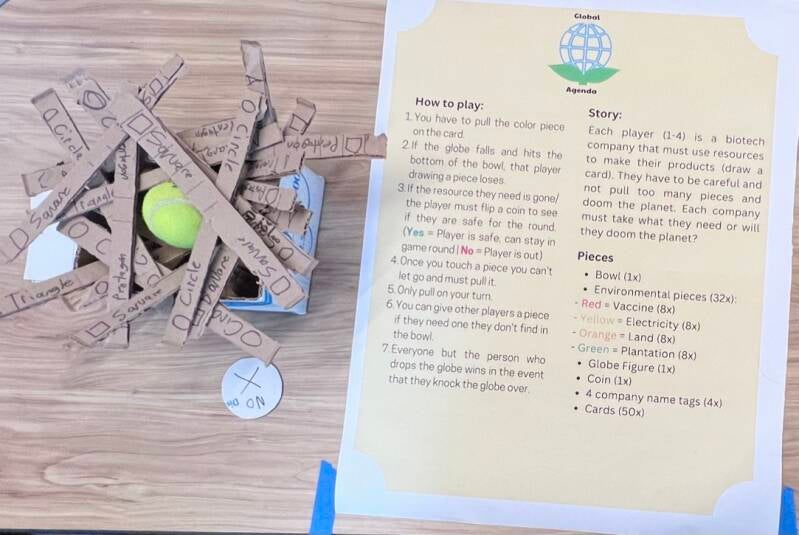
Here, 11th-graders studied genetics and the effects of sending DNA to space in order to help design and create board games that incorporate bioethical questions.
This project aimed to explore the ethical implications of genetic research and its potential impact on space exploration.
Using a combination of genetics testing, creative storytelling, and game design, students engaged in critical thinking and ethical decision-making while working in conjunction with NASA's Genetics in Space Project.
Future Project Idea

Inclusive Alchemy: Uniting Esoteric Knowledge and Critical Consciousness
Essential Question:
How can the exploration of esoteric wisdom and the embrace of inclusive perspectives foster personal growth, critical thinking, and positive societal transformation?
Description:
Starting in Ancient Egypt and moving through the Eastern and Western collections of sacred knowledge, students who take part in this project will go on an interdisciplinary exploration combining literature, history, philosophy, and social justice. As the students utilize texts that compare and contrast different spiritual and religious traditions such as Thelema, Hermeticism, Kabbalah, Wicca, Sufism, Voodoo, Christianity, Gnosticism, Judaism, Islam, Rosicrucianism, Buddhism, Hinduism, and many other Indigenous beliefs and religious worships, students will be enveloped in esoteric wisdom. They will examine the common principles and perspectives in these different forms of worship.
Through the lens of critical pedagogy, students will question Eurocentric Christian narratives, religious power structures, and social inequalities embedded within esoteric traditions. They will explore the historical and cultural contexts that shaped religion in ancient times and investigate their relevance in contemporary society.
This project will be guided by in-depth readings, group discussions, and reflective writing. Students will be encouraged to develop their own perspectives while respecting the diversity of beliefs and practices within the studied traditions. Guest speakers, field trips, documentaries, and online resources will further enrich their experience. As students progress through the project, they will also develop essential skills in literary research and historical analysis. They will be encouraged by me to engage in meaningful dialogue that helps them appreciate the complexity of human spirituality.
By exploring the vast number of esoteric traditions and their intersections with contemporary social justice, this project will aim to cultivate students' critical thinking abilities, which in turn will promote cultural understanding that inspires them to become agents of positive change for their community and their school.
Possible Texts:
The Kybalion
The Gnostic Gospels
The Upanishads
The Tao Te Ching
The Zohar
The Tibetan Book of the Dead
The Egyptian Book of the Dead
The Emerald Tablet of Thoth
The Sufi Path of Love: The Spiritual Teachings of Rumi
The Book of Changes (I Ching)
The Nag Hammadi Library
The Bhagavad Gita
The Book of the Law by Aleister Crowley
The Book of Thoth by Aleister Crowley
The Secret Teachings of All Ages by Manly P. Hall
The Power of Myth by Joseph Campbell
The Golden Bough by Sir James Frazer
Possible Products:
My dream would be to have a week-long exhibition where everyday there were a few specific belief systems taking center stage and the students who were studying those beliefs had community partners present about it with them. For example: having a practicing witch perform some rituals with students during or after a presentation on the history of Wicca.
Realistically though, I would have the students each do expository and argumentative essays throughout the 16-18 weeks. Given my background, creative writing would be a must throughout the weeks as well. The final product could be a book of collected essays and stories about the different beliefs from across time and around the world.
Other ideas could be podcasts, short films, board games, or tabletop roleplaying games.
Create Your Own Website With Webador